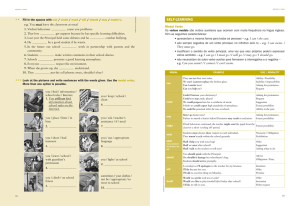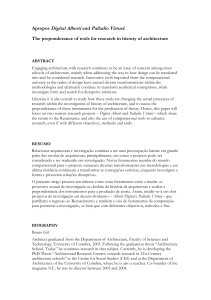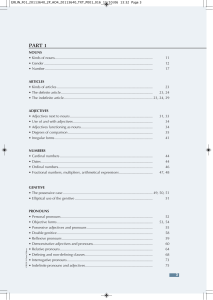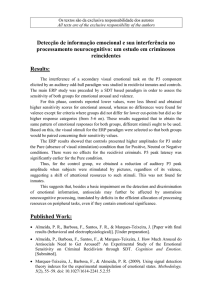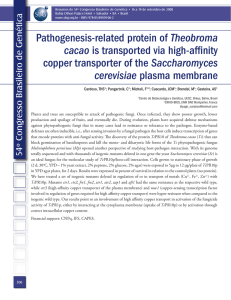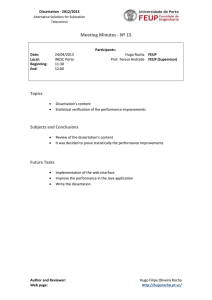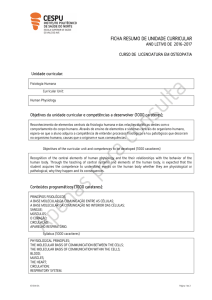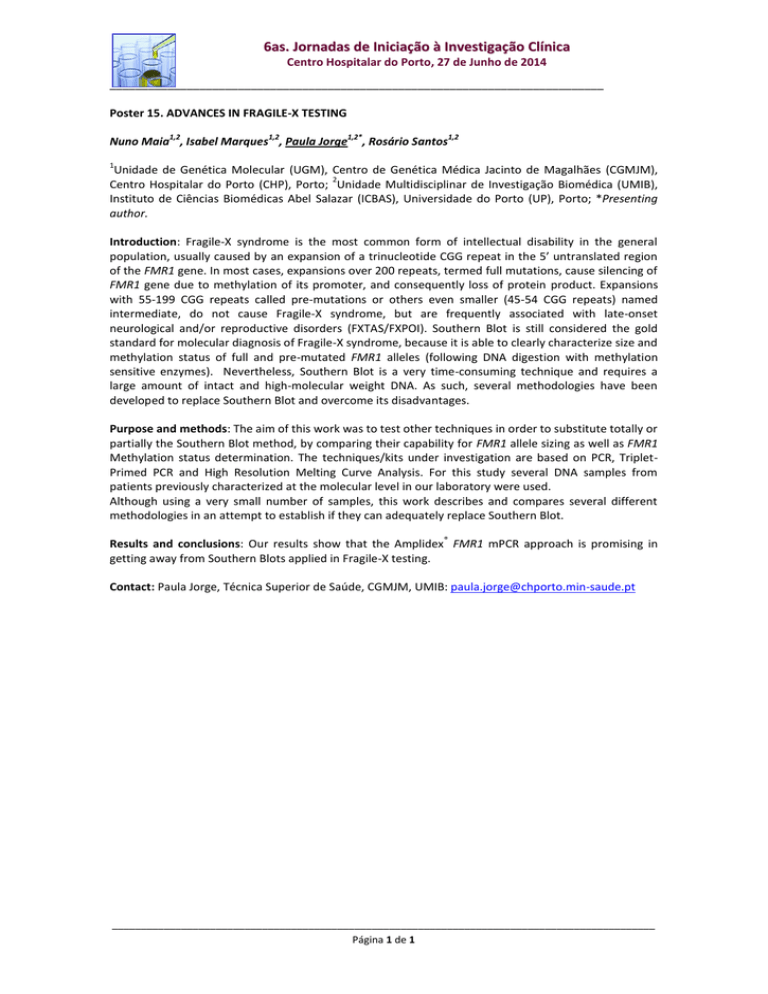
6as. Jornadas de Iniciação à Investigação Clínica
Centro Hospitalar do Porto, 27 de Junho de 2014
_____________________________________________________________________________
Poster 15. ADVANCES IN FRAGILE-X TESTING
1,2
1,2
Nuno Maia , Isabel Marques , Paula Jorge
1,2*
, Rosário Santos
1,2
1
Unidade de Genética Molecular (UGM), Centro de Genética Médica Jacinto de Magalhães (CGMJM),
2
Centro Hospitalar do Porto (CHP), Porto; Unidade Multidisciplinar de Investigação Biomédica (UMIB),
Instituto de Ciências Biomédicas Abel Salazar (ICBAS), Universidade do Porto (UP), Porto; *Presenting
author.
Introduction: Fragile-X syndrome is the most common form of intellectual disability in the general
population, usually caused by an expansion of a trinucleotide CGG repeat in the 5’ untranslated region
of the FMR1 gene. In most cases, expansions over 200 repeats, termed full mutations, cause silencing of
FMR1 gene due to methylation of its promoter, and consequently loss of protein product. Expansions
with 55-199 CGG repeats called pre-mutations or others even smaller (45-54 CGG repeats) named
intermediate, do not cause Fragile-X syndrome, but are frequently associated with late-onset
neurological and/or reproductive disorders (FXTAS/FXPOI). Southern Blot is still considered the gold
standard for molecular diagnosis of Fragile-X syndrome, because it is able to clearly characterize size and
methylation status of full and pre-mutated FMR1 alleles (following DNA digestion with methylation
sensitive enzymes). Nevertheless, Southern Blot is a very time-consuming technique and requires a
large amount of intact and high-molecular weight DNA. As such, several methodologies have been
developed to replace Southern Blot and overcome its disadvantages.
Purpose and methods: The aim of this work was to test other techniques in order to substitute totally or
partially the Southern Blot method, by comparing their capability for FMR1 allele sizing as well as FMR1
Methylation status determination. The techniques/kits under investigation are based on PCR, TripletPrimed PCR and High Resolution Melting Curve Analysis. For this study several DNA samples from
patients previously characterized at the molecular level in our laboratory were used.
Although using a very small number of samples, this work describes and compares several different
methodologies in an attempt to establish if they can adequately replace Southern Blot.
®
Results and conclusions: Our results show that the Amplidex FMR1 mPCR approach is promising in
getting away from Southern Blots applied in Fragile-X testing.
Contact: Paula Jorge, Técnica Superior de Saúde, CGMJM, UMIB: [email protected]
______________________________________________________________________________________________
Página 1 de 1



